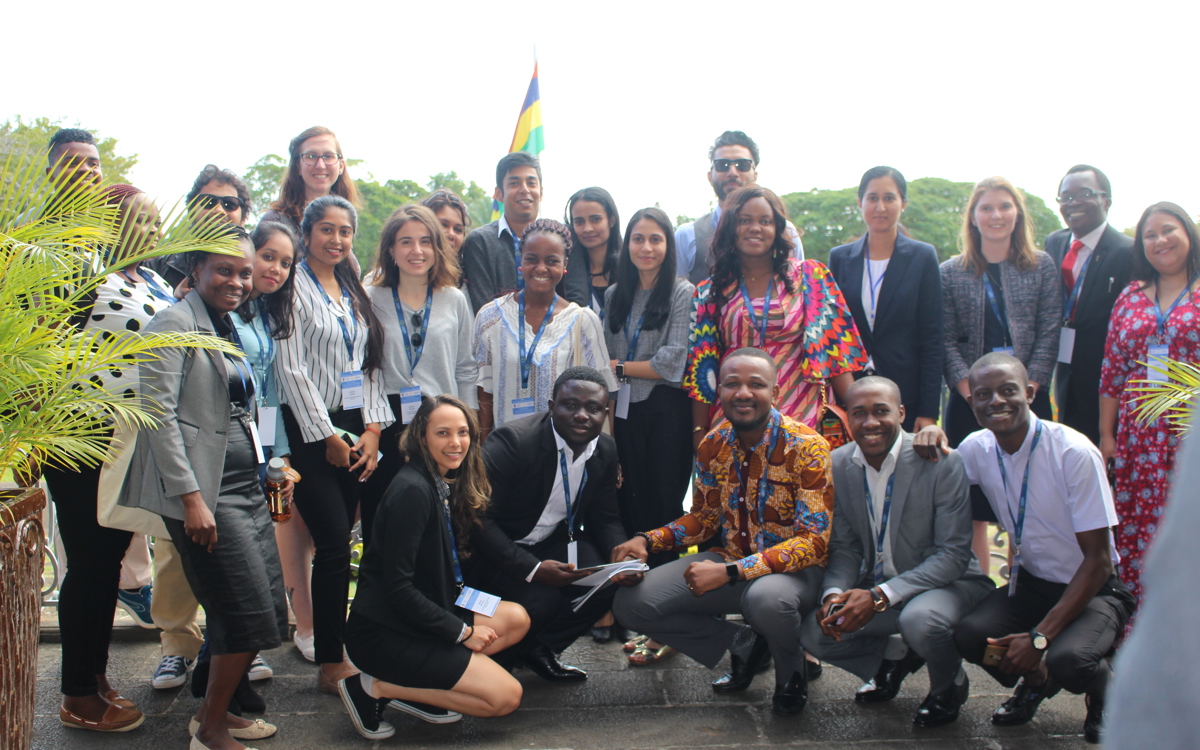Guidance for ACU challenge grant applicants

Thank you for your interest in applying for an ACU Challenge Grant. We want you to succeed in your application, and so we have put together the following guidance. It will be relevant if you are applying for any of the following ACU grants:
- Commonwealth Climate Resilience Challenge Grant
- Commonwealth Peace and Reconciliation Challenge Grant
- Higher Education and the SDGs Challenge Grant
- HR in HE Community Challenge Grant
Before you apply
- Please check that you are eligible before applying. Details on eligibility criteria can be found on the individual challenge grant webpages linked above. If in doubt, email [email protected]
Top tips for writing a great application
The main feedback we receive from assessors is that the strongest proposals have a clear focus. We've included some tips below that will help you to focus your ideas, from detailed time plans to demonstrating the impact of your proposed work.
- To apply you will need to supply an outline of your project including what it involves and a detailed time plan. Please ensure that your project plans are feasible and achievable given available resources and timeframes.
- Each Challenge Grant is linked to one of the ACU’s networks or communities of practice. The strongest applications are those that clearly demonstrate how their project aligns with the aims or priorities of the network or community (details of which can be found on the Challenge Grant webpages above).
- It’s important that we understand the impact your project will have. Please include measurable outcomes, and make the connection between your aims, objectives, outputs, outcomes and outcome indicators as clear as possible.
- Aims: often start with‘To...’ and describe the changes you are trying to achieve. For example: to develop a post-graduate certificate in Climate Change Vulnerability Assessment and Adaptation
- Objectives: how you will achieve the project’s aim. For example, create three online courses for students or practitioners
- Methodology: how you will achieve the objectives. For example, run workshops to develop course content, work with supplier to develop online course etc
- Outputs: the tangible and intangible products that result from project activities. For example, 100 people will complete the online courses and receive a post-graduate certificate
- Outcomes: the benefits that a project is designed to deliver. For example, participants will have greater knowledge of how to assess climate change vulnerability.
- Outcome indicators: what you will measure, and how you will measure it, to show that you have reached your outcomes. For example, 80% of participants who gained the certificate and completed a survey will say that their knowledge on assessing climate change vulnerability had increased
- If your proposal is part of a larger project, please explain how the rest of the project will be funded.
- We receive a high volume of applications, and our selection committee read through each one. Please remember that the person reading your application may not be an expert in your field of work, so write in plain English and avoid jargon and technical language. The plain English website has lots of guides that can help with this.
Before you submit
- Always ask someone else to proofread your application before submitting it to check for any typos and to ensure that the proposal is clear.
- Make sure to check that you have all the documentation you need, including a letter of support. It’s important that your letter of support demonstrates that the Executive Head or equivalent of your institution supports the programme of work proposed and explains the ways your institution will provide support for your project. It also acts as a reference for the project lead.
